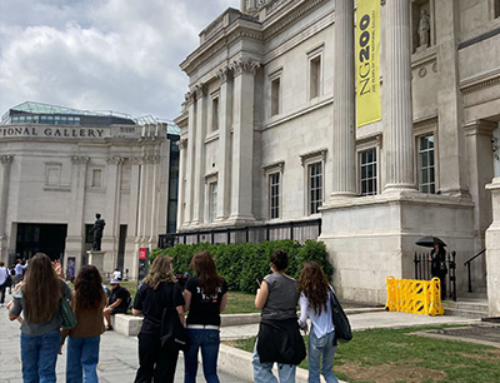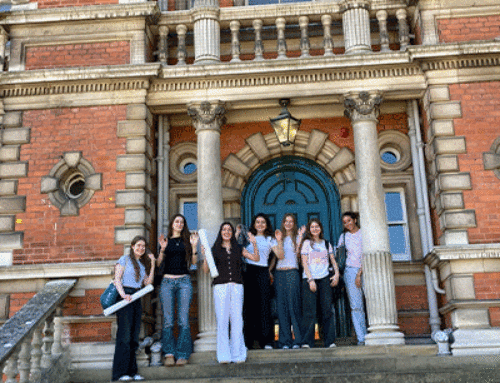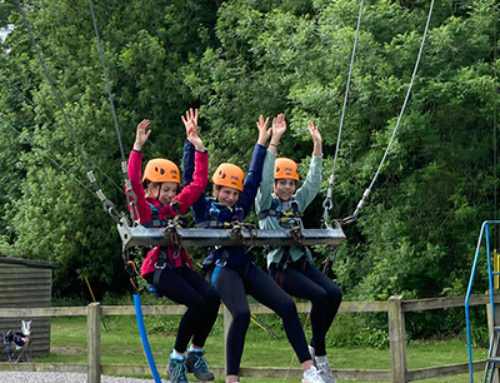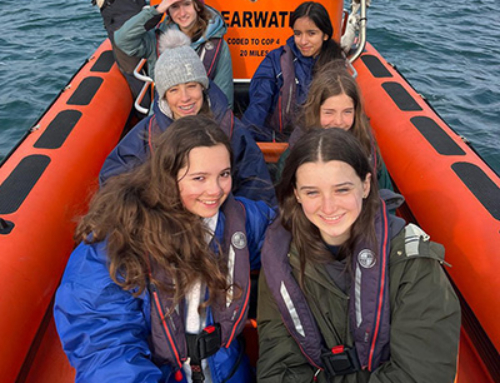Last weekend, nineteen sixth-formers travelled to Poland with Father Kenny and Ms. Carr-Gomm. The purpose of our trip was to visit Auschwitz, the largest Nazi concentration camp. It was an opportunity to pay our respects and see first-hand the horrors of the Holocaust.
We arrived in Krakow at midday and spent the afternoon taking in the beauty of the city. Having escaped Nazi bombing, the Old Town retains a medieval quality with its Gothic cathedrals, horse-drawn carriages and cobblestoned market square. After having a traditional Polish lunch, we toured Krakows Wawel Cathedral and visited the Old Synagogue, gaining an insight into Polands complicated Catholic and Jewish past.
We woke up early the next day and took an hour coach ride to Auschwitz. The mood was sombre as we entered the Visitors Centre and the piles of childrens shoes, suitcases and eyeglasses, collected as plunder, brought many of us to tears. Given how unceremoniously the victim were murdered, it was unsettling to see how meticulously their items were recorded and preserved.
Upon entering Auschwitz I, we passed through the iron gate bearing the haunting slogan Arbeit macht frei (work sets you free). Our tour guide led us through the death camps, watchtowers and crematories, letting the statistics speak for themselves. 1.3 million people were murdered here, she told us. More than 1 million were Jewish. Other victims included Poles, Soviet prisoners of war, gypsies, homosexuals and prisoners of conscience and religious faith. We responded with silence. What words would do justice to how we were feeling, to how they felt?
We took a short coach ride to Auschwitz-Birkenau II, a bleak expanse that runs from the railroad to the ruins of the gas chambers. None of the literature or film on the Holocaust could have prepared us for the sight. By a row of tombstones, we said the Jewish prayer for the dead, which was especially emotional as some sixth-formers have Jewish relatives who died in the Holocaust.
Perhaps the most moving part of our trip came when we met a Holocaust survivor. She was a child when Poland was occupied by the Nazis and her father was captured and sent to Auschwitz. Taken under the wing of a Catholic family, she escaped the horrors of Auschwitz though some members of her family were killed by the Nazis. The speaker also shared her post-war life with us, which proved to be very colourful, growing up in communist Poland and getting married in, of all places, Costa Rica. We were touched by her warmth and love of life.
Auschwitz was a difficult place to visit, especially as the anti-Semitic hysteria of the 1930s and 40s raises uncomfortable parallels with the current Syrian refugee crisis. Yet the trip was also powerful reminder of the part we must play in welcoming and protecting all people.
Yasmin, Upper Sixth














